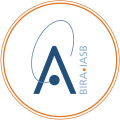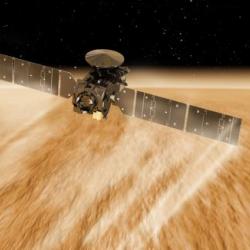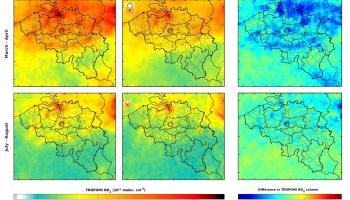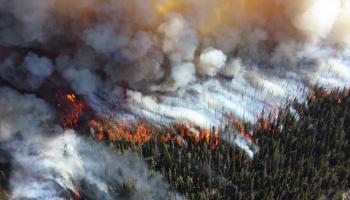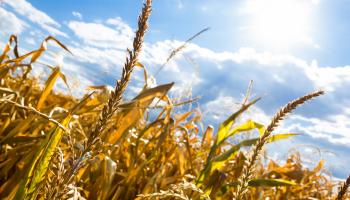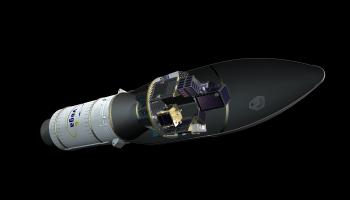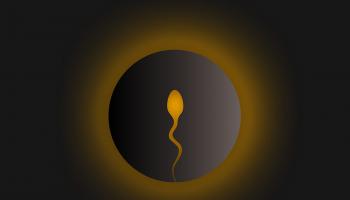Air pollution is recognised as being the fifth leading risk factor for mortality worldwide. Ambient air pollution contributes to about 5 million deaths globally – or one in ten deaths. In Europe, air pollution-related diseases claim one in eight deaths, according to the latest report of the European Environmental Agency. This brings air pollution in the spotlight of environmental problems of high societal relevance.
On Monday September 21, 2020, the prestigious Nature Geoscience journal published an article from BIRA-IASB, presenting the first satellite detection of nitrous acid (HONO) using the TROPOMI satellite instrument. This work is the result of a fruitful collaboration between two BIRA-IASB teams, the UV-Visible observation group and the tropospheric modeling group, and the group of R. Volkamer at the University of Colorado Boulder.
During the summer of 2018, a widespread drought developed over Northern and Central Europe. The increase in temperature and the reduction of soil moisture have influenced carbon dioxide (CO2) exchange between the atmosphere and terrestrial ecosystems in various ways, such as a reduction of photosynthesis, changes in ecosystem respiration, or allowing more frequent fires.
On the 3rd of September, two Belgian CubeSats, PICASSO and SIMBA, were launched simultaneously with about 50 tiny satellites, on board Europe’s inaugural Vega SSMS flight. They will - hopefully - demonstrate that CubeSats have reached the necessary technological maturity to be used as full-fledged scientific instruments.
While the Royal Belgian Institute for Space Aeronomy is a relatively young one, it has a rich history, entangled and interwoven with the emergence of the space age. In this article, you'll find a short introduction to its beginnings, as well as a fragment of archival footage from the BRT (Belgische Radio- en Televisieomroep), and a video showing the Institute today.
Unfortunately, the 2020 edition of 'Science and Culture at the Royal Palace of Brussels' cannot take place in situ. However, the Belgian Science Policy Office came up with an alternative but original route, adapted to the circumstances, through a virtual exhibition, starting July 20, 2020.
